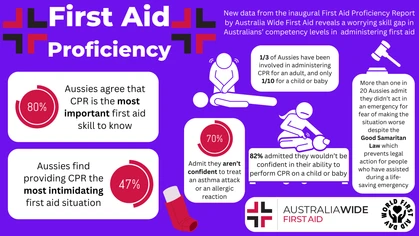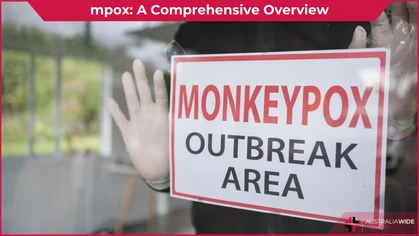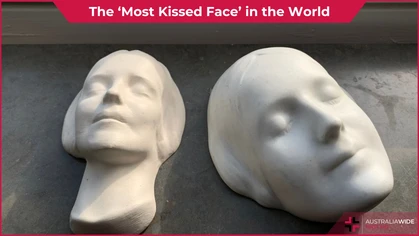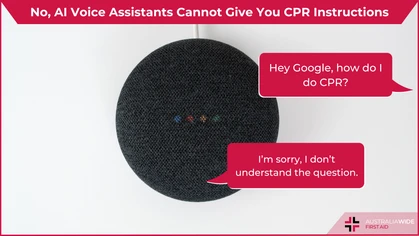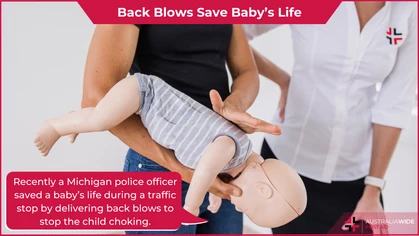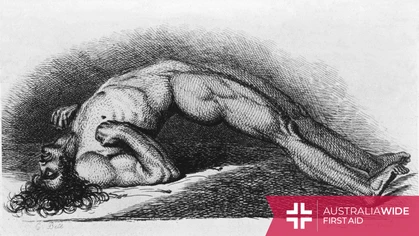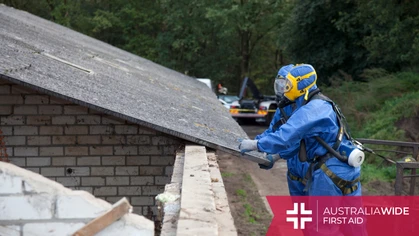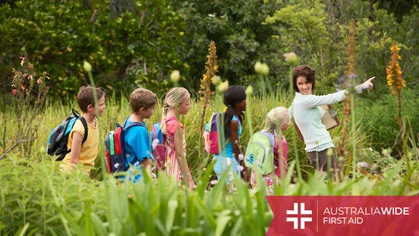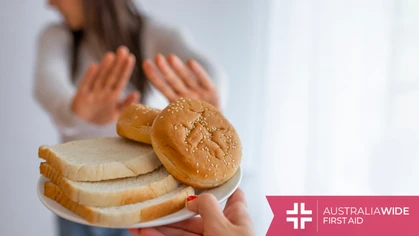What is the March Charge?

First aid in the news
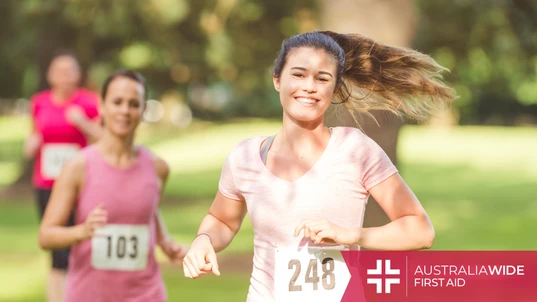
The March Charge is an initiative run by the Cancer Council annually. It encourages people to get fit and active, and raise money for cancer research while they’re at it. This article is going to help you understand exactly what the March Charge is, and how you can get involved and make a difference this year.
Today marks the beginning of March, and the start of the March Charge! The March Charge is an initiative run by the Cancer Council annually. It encourages people to get fit and active, and raise money for cancer research while they’re at it. This article is going to help you understand exactly what the March Charge is, and how you can get involved and make a difference this year.The March Charge
The March Charge is a month-long, online fitness challenge. Every year, it starts on the 1st of March and goes until the 31st of March. People volunteer to get fit and raise money for cancer. You can participate by walking or running, or maybe even skipping! You can do it by yourself, or with a group of friends and family. Getting involved means you’ll be reducing your own cancer risk (as exercise is a proven method of risk reduction) and getting fit, all the while raising important funds for cancer research, prevention, and support services. The Charge isn’t a competition, so you can do as many (or as little) kilometres as you want. Consider challenging yourself though, so you can encourage your friends and family to donate! Last year, the March Charge raised $51.7 million to invest in research. They were able to fund 664 researchers, and 309 projects.Cancer Council
You may be wondering – why does raising funds for the Cancer Council matter? The Cancer Council is the largest non-government funder of cancer research in Australia. In the past five years, they’ve invested almost $250 million. Their vision is to minimise the threat of cancer for all Australians, through successful prevention, best treatment, and support. Cancer Council is the only organisation that works across the entire cancer journey. Because of the research they’ve helped fund, there have been huge changes to the way cancer affects Australians. More people are taking action to prevent cancer, and more people are surviving it. New discoveries and treatments are giving people diagnosed more time with their families, and Australians are getting more support when dealing with cancer. Investment in research has increased survival rates from 49% in the 1980s, all the way up to 69% today. The Cancer Council believes that with continued funded research we will be able to reach a cancer free future.Cancer in Australia
Did you know that 1 in 3 Australian men and 1 in 4 Australian women will be diagnosed with cancer before the age of 75? In 2020, it’s estimated that more than 145,000 Australians were diagnosed. That’s an average of 397 a day. The most common cancers are breast cancer in women, followed by prostate cancer, melanoma, colorectal cancer, and lung cancer. Cancer is the cause of 3 in every 10 deaths in Australia. Most people in Australia will be impacted by cancer in their lives, either personally or through family and friends, which is why the Cancer Council’s research is so important. Their flagship campaigns, such as the March Charge and Relay for Life, raise funds for life saving cancer research. At the same time, they encourage Australians to live a healthier and more active lifestyle, which is proven to decrease your risk of developing certain cancers.How to Get Involved
So how can you get involved in the March Charge? The great news is that it’s very easy to have an enormous impact! The first step is to register, which you can do on the Cancer Council’s website. You can do the Charge by yourself, or as a team with friends and family – or even with your workmates! Then, set yourself a distance (KM) goal for the month. Share your goal with family and friends, so you can raise funds for cancer research. And then all that’s left is to get active for the month of March – but don’t forget to track your kilometres!Final Thoughts
Cancer is still a big risk for many Australians, which is why raising money for research is so important. The March Charge is a great fitness challenge that has a huge impact on how cancer is researched and treated. Just by raising money through walking or running this month, you can contribute to that research. If somebody you know has been affected by cancer, you can sign up for a general or childcare first aid course to learn more about how to respond in an emergency. To find out whether there are courses near you, visit our locations page on our website.
Originally published at
https://www.australiawidefirstaid.com.au/resources/the-march-charge
as part of the Australia Wide First Aid Articles Library
